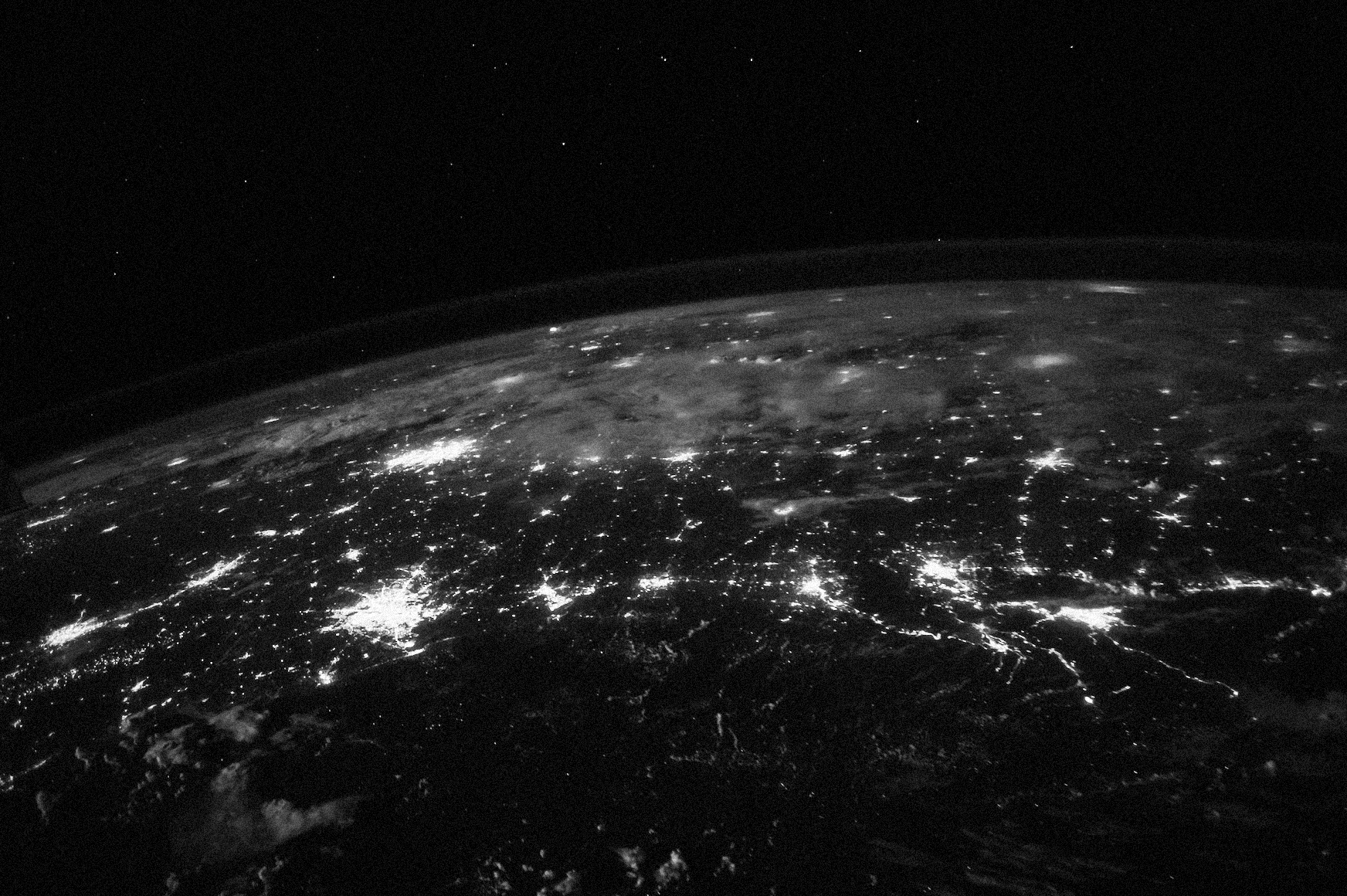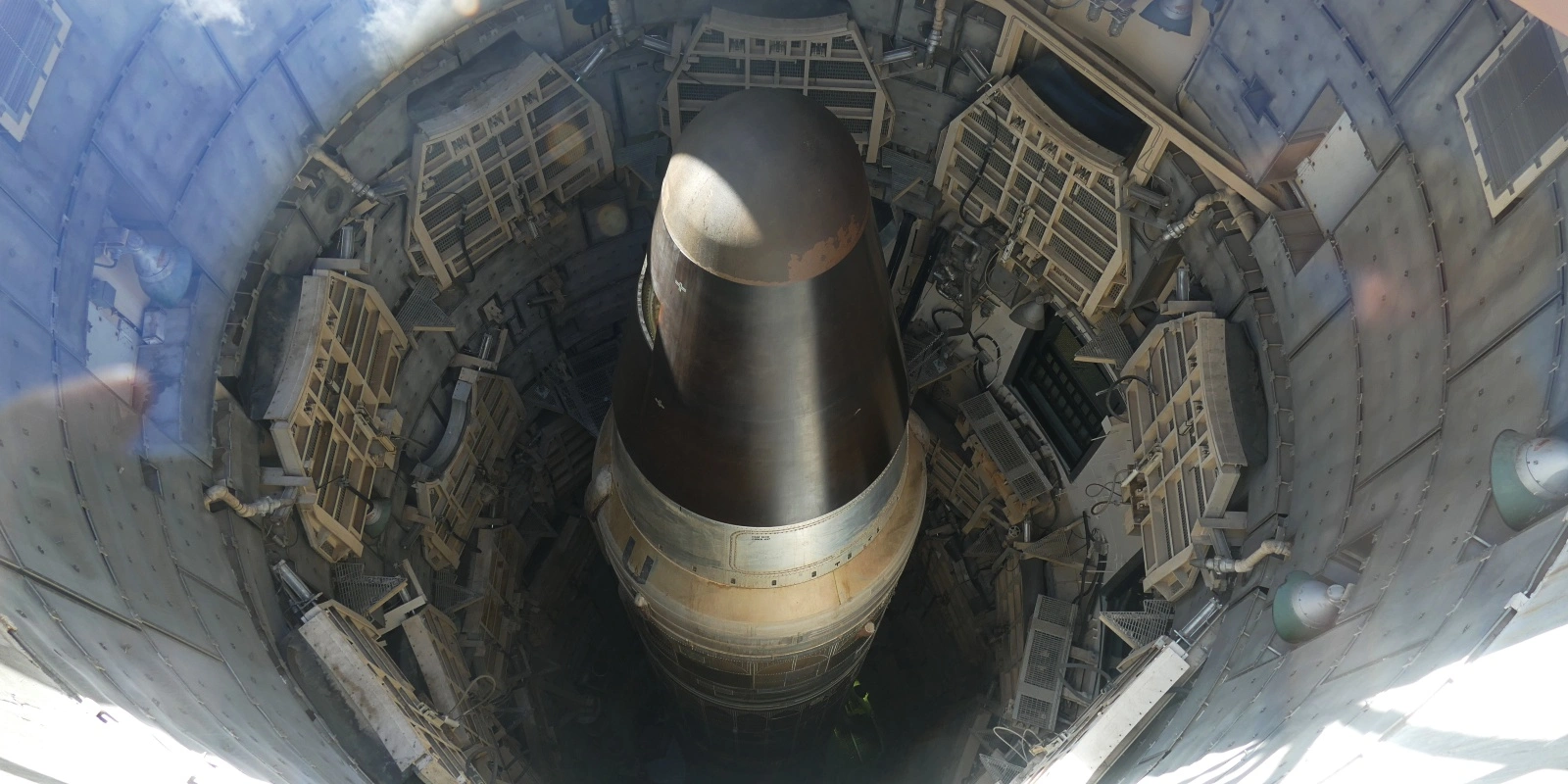
In the summer of 2025, the Federation of American Scientists will host a first-of-its-kind bootcamp to communicate and pass on its practices to the next generation of open-source nuclear analysts. This bootcamp, generously funded by the Carnegie Corporation of New York, aims to help lower the barriers to entry into this field, democratize open-source research practices, and foster a collegial community of experts among successive cohorts. Learn more about this opportunity and apply here.
Our Global Risk team focuses on addressing and preventing the events and threats that could permanently cripple or destroy humanity. Among them: nuclear war, the next global pandemic, biological attack, and even a collision with a massive near-earth object. Humanity must proactively develop and pursue sound policies to protect against these dangers, including through global cooperation.
This report outlines a framework relying on “Cooperative Technical Means” for effective arms control verification based on remote sensing, avoiding on-site inspections but maintaining a level of transparency that allows for immediate detection of changes in nuclear posture or a significant build-up above agreed limits.
The grant comes from the Carnegie Corporation of New York (CCNY) to investigate, alongside The British American Security Information Council (BASIC), the associated impact on nuclear stability.
Satellite imagery of RAF Lakenheath reveals new construction of a security perimeter around ten protective aircraft shelters in the designated nuclear area, the latest measure in a series of upgrades as the base prepares for the ability to store U.S. nuclear weapons.
It will take consistent leadership and action to navigate the complex dangers in the region and to avoid what many analysts considered to be an increasingly possible outcome, a nuclear conflict in East Asia.






